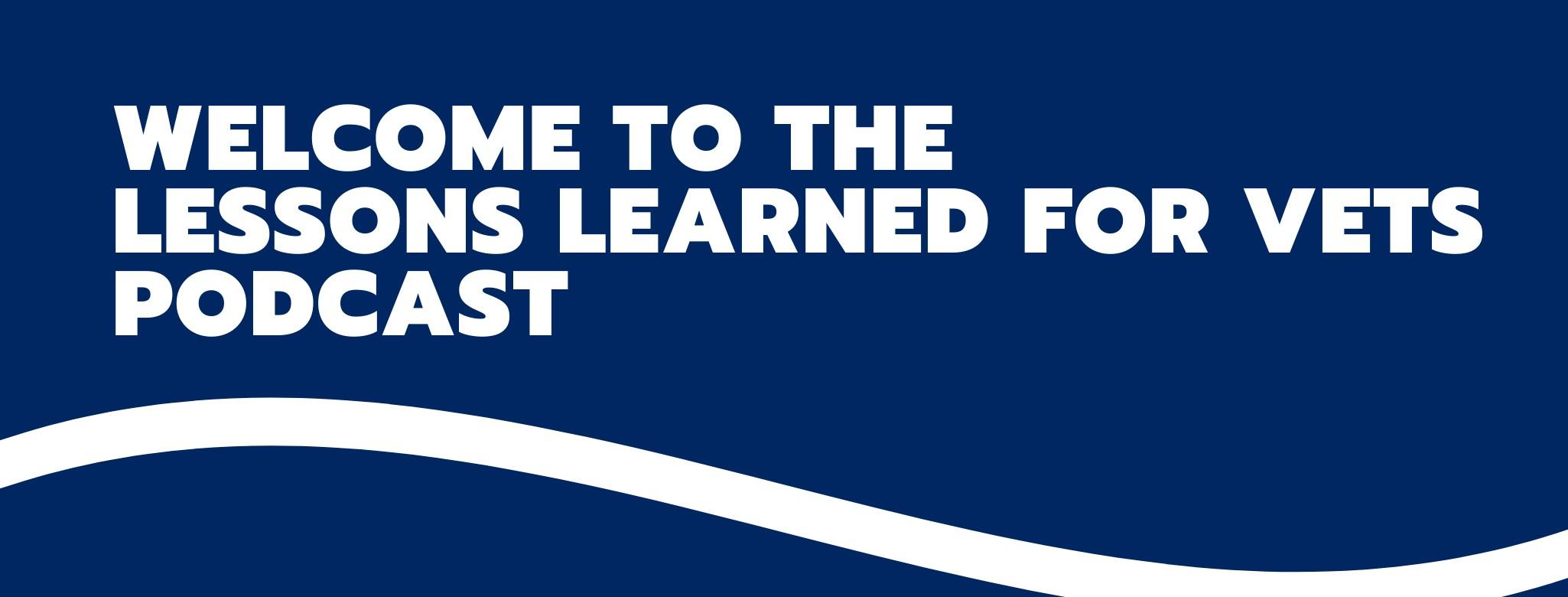
Season 2 Episode 76: Getting Inside the Mind of the Recruiter with John Axtell
John Axtell retired from the United States Marine Corps in 2014 where he was a military police officer and infantryman. He wrapped up his USMC career as a recruiter. He and I met many years ago when he went through my TAP class and I helped him see the value of his skills and experience in recruiting to land a role in talent acquisition with US Airways/American Airlines. He went to Wells Fargo as a recruiter and is now a Business Execution Consultant on the Military Talent Programs team.
John went into TAP with the fear that he was only qualified to go into security or law enforcement. He and I spent some time one-on-one to help him understand how to translate his military skills and leverage his experience into a talent acquisition role.
He talks about the similarities and differences between recruiting in the military and in the private sector and gives some great advice on how to translate your military skills.
Because John has been in talent acquisition and recruiting in the private sector for 8 years now, I take advantage of his “insider” knowledge to get inside the mind of a recruiter and ask job search best practices on thinks like resumes, networking, connecting with recruiters on LinkedIn, how to get past the Applicant Tracking Software (ATS) “bots” and how to prep for interviews.
Some highlights of John’s best practices and tips:
RESUMES:
- Think about human nature when you are laying out your resume. They naturally read from top to bottom and left to right. Organize and prioritize your resume layout with this in mind.
- The human eye is drawn to numbers and companies like to see measurables.
- Resume writing is a science and a skill.
- Focus on “Return on Investment” statements. Focus on how you can add value and what benefits and value you can add.
BEATING THE ATS:
- Even a large company like Wells Fargo has humans that read the resume.
- The best way to “beat” the ATS, you need to network and create connections on the inside of the company. Networking can help you understand the company where you are applying and focus on their priorities.
NETWORKING:
- Networking helps you get a leg up on the competition and get past the ATS in the job search.
- Networking is all about making connections and having conversations with people who can give you inside information on their company.
JOB POSTINGS:
- Required qualifications you must have, this is where you can match and mirror the key words in your resume. Desired qualifications are a bonus and you don’t HAVE to have them. When trying to determine if you meet the qualifications, these desired qualifications don’t count against you.
- At Wells Fargo, if you see “other desired qualifications,” pay special attention to these skills and focus on showcasing them on your resume. These are of particular importance to the hiring manager.
- Think of the job posting as a “cheat sheet” that you can use to focus and target your resume to the company and the specific role.
INTERVIEW PREPARATION:
- Make sure you know your resume and can speak to everything on there. Prepare your stories and STAR statements (Situation, Task, Action, Result) in advance and be prepared to answer behavioral questions with stories and examples.
- Do your research, both on the company and the people who are interviewing you.
- Be comfortable and be confident! If they invited you to an interview, they have already expressed that they like you as qualified candidate.
USING LINKEDIN:
- Be strategic with your connections. Focus on quality over quantity. Build a network of people that are engaged and willing to assist you with your search.
You can connect with John Axtell on LinkedIn at www.linkedin.com/in/john-axtell-ii-77887093/
SUBSCRIBE & LEAVE A FIVE-STAR REVIEW and share this to other veterans who might need help as they transition from the military!
Connect with me on Facebook and LinkedIn! Or check out our website at www.llforvets.com and listen to the previous episodes here!
Are You Struggling to Write Your Resume?
I created the Veteran Resume Self-inspection Checklist to lessen the resume writing struggle for veterans. This 11-item checklist will educate you in resume best practices while giving veterans a guide to assess their resume and determine if it's ready to send to employers.
Download Your Checklist Here




